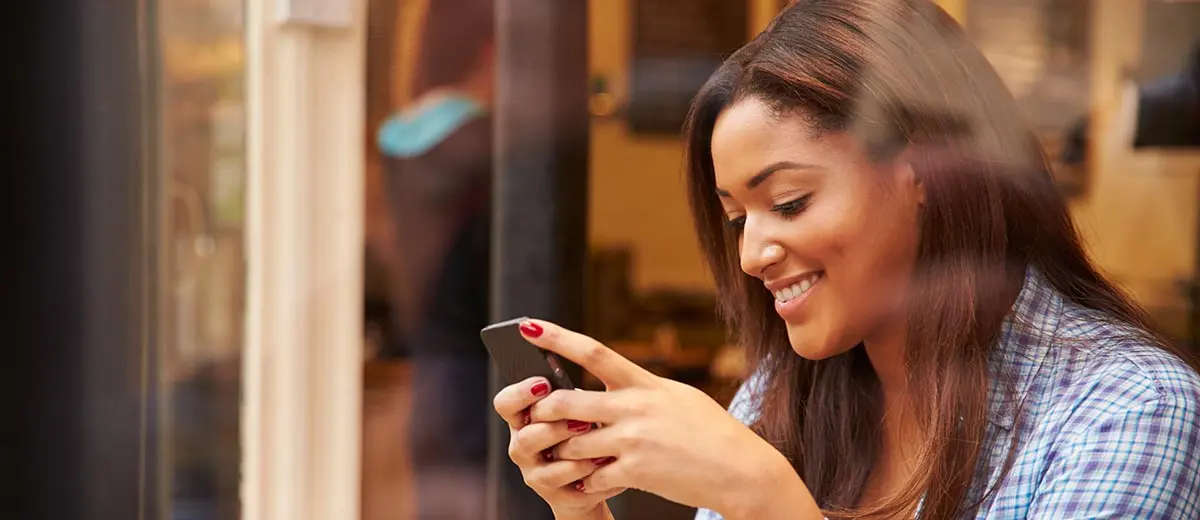
Financial goals for this year: A 12-month planning guide

Money management guide to financial independence

Mindset Matters: How to practice mindful spending

Your first paycheck: Small steps for big financial wins

3 tips for saving money easily

Certificates of deposit: How CDs work to grow your money

Passive income ideas in 2025

Your guide to starting a job: Resources to help along the way

Tips on how couples can learn to agree about money

Uncover the cost: Wedding

U.S. Bank asks: Do you know your finances?

Travel for less: Smart (not cheap) ways to spend less on your next trip

Top tax season tips to avoid stress and stay organized

4 types of budgets and how to use them

How to best handle unexpected expenses

5 money-saving tips to boost your savings

How having savings gives you peace of mind

Mobile banking tips for smarter and safer online banking

7 steps to prepare for the high cost of child care

5 myths about emergency funds

What is net worth — and why does it matter?

Stay committed to your goals by creating positive habits

Money Moments: 3 tips for planning an extended leave of absence

Adulting 101: How to make a budget plan

Allowance basics for parents and kids

9 easy ways to save money

5 tips for parents opening a bank account for kids

How to balance living well with saving smart in your 30s

5 tips for creating (and sticking to) a holiday budget

Guide to personal loans: 7 questions to ask

How your taxes can change after a major life event

What does FDIC mean?

How I decided that buying an RV was worth it for me

How to Adult: 7 tax terms and concepts you should know

How to sell and buy a home at the same time

How to save for a wedding

How I saved $10,000 in just one year

How to use savings buckets to achieve your lifestyle goals

Helping Gen Z build financial confidence

Short- and Long-Term Financial Goals for Every Life Stage

Pros and cons of a personal line credit

How compound interest works

Do you and your fiancé have compatible financial goals?

Don’t underestimate the importance of balancing your checking account

How to cut mindless spending: real tips from real people

Common unexpected expenses and three ways to pay for them

Checking and savings smarts: Make your accounts work harder for you

Bank from home with these digital features

Are savings bonds still a thing?

30-day adulting challenge: Financial wellness tasks to complete in a month

When your spouse has passed away: A three-month financial checklist

What you need to know as the executor of an estate

What documents do you need after a loved one dies?

Myths vs. facts about savings account interest rates

How and when to ask for a raise

Back-to-school savings tips for every family

It's possible: 7 tips for breaking the spending cycle

Things to know about the Servicemembers Civil Relief Act

Understanding guardianship and power of attorney in banking

Which is better: Combining bank accounts before marriage — or after?

A who’s who at your local bank

Working with an accountability partner can help you reach your goals

You can take these 18 budgeting tips straight to the bank

Multiple accounts can make it easier to follow a monthly budget

P2P payments make it easier to split the tab

Practical money tips we've learned from our dads

Stay on budget — and on the go — with a mobile banking app

Is it time to get a shared bank account with your partner?

How to build an emergency fund that works for you

Making smart spending choices: How to prioritize your essential expenses

3 financial tools to help automate your finances

Here’s how to create a budget for yourself

How to stop spending money and free up your budget

What to do with your tax refund or bonus

How to set financial goals you will keep

Discovering your money personality can help you save

Steer clear of overdrafts to your checking account

Dear Money Mentor: How do I pick a savings or checking account?

How to pay off debt and save at the same time

Essential financial resources and protections for military families

3 awkward situations Zelle can help avoid

8 creative ways to save money on groceries

6 questions students should ask about checking accounts

First-timer’s guide to savings account alternatives

3 tips for saving money when moving to a new home

How to save money while living paycheck to paycheck

Managing money as a military spouse during deployment

Military finance: How to create a family budget after military service

How to financially prepare for a military PCS

College budgeting: When to save and splurge

Four ways to make a strong resume for your first real job

Financial checklist: Preparing for military deployment


